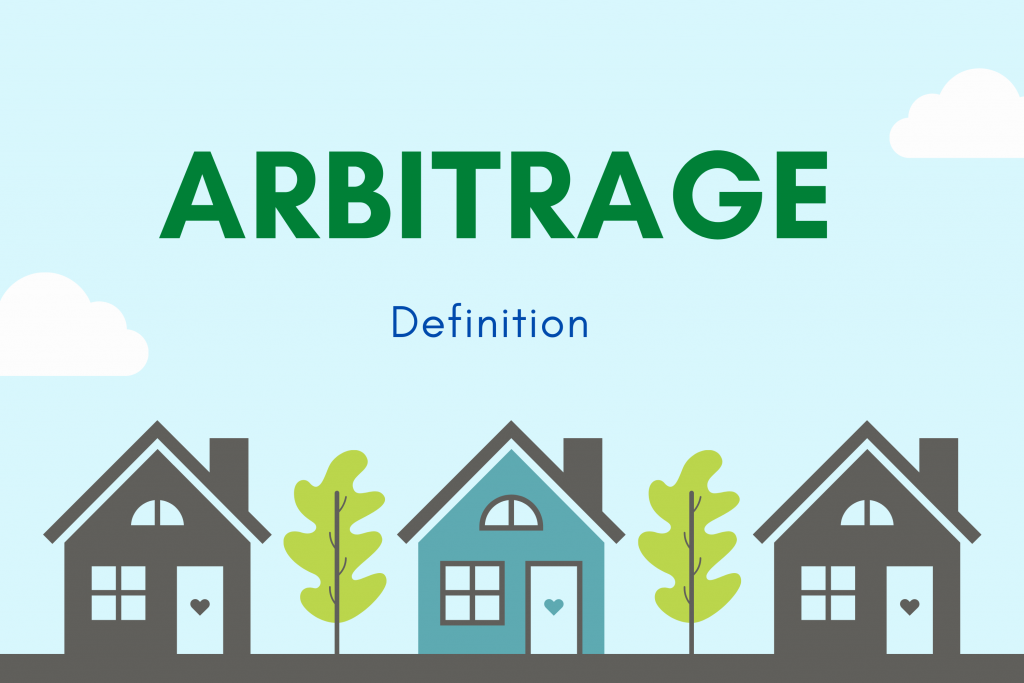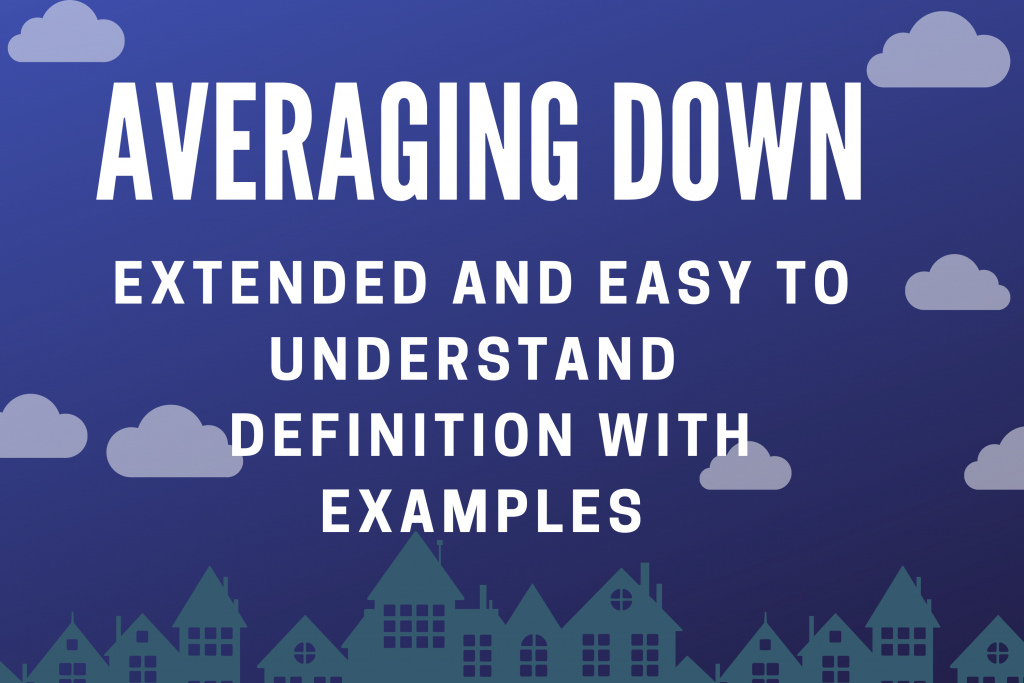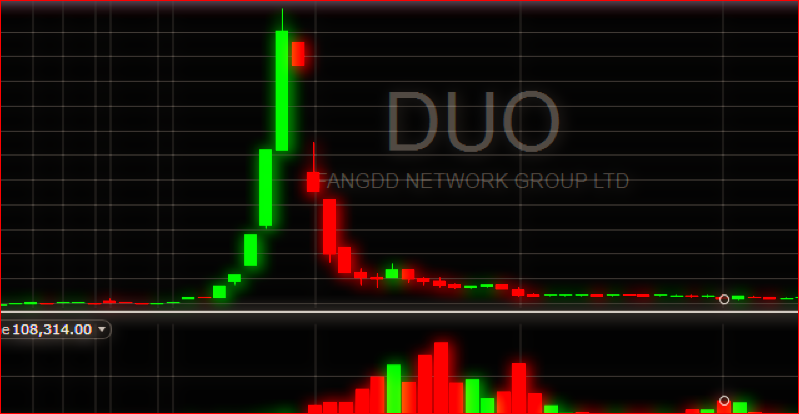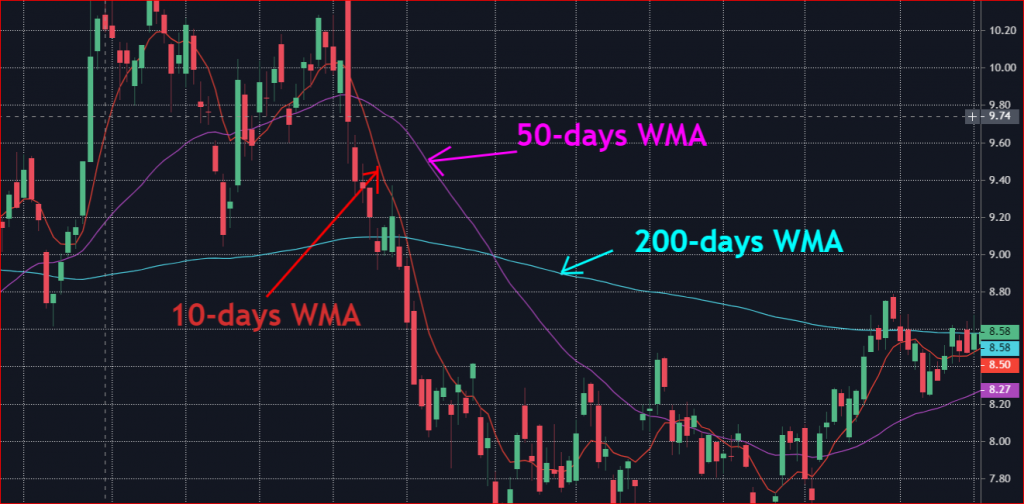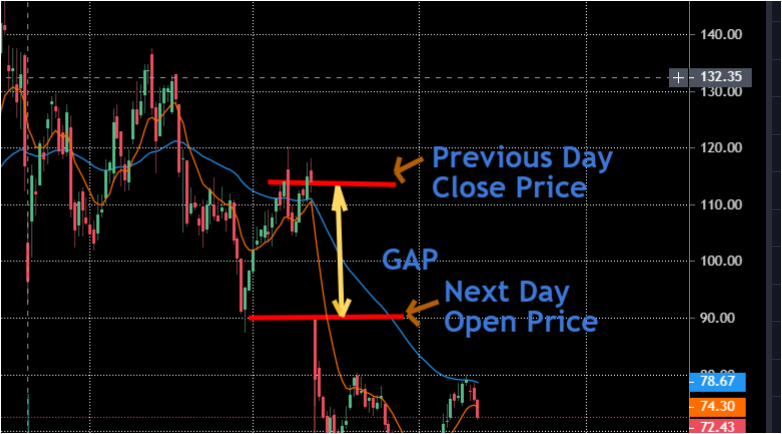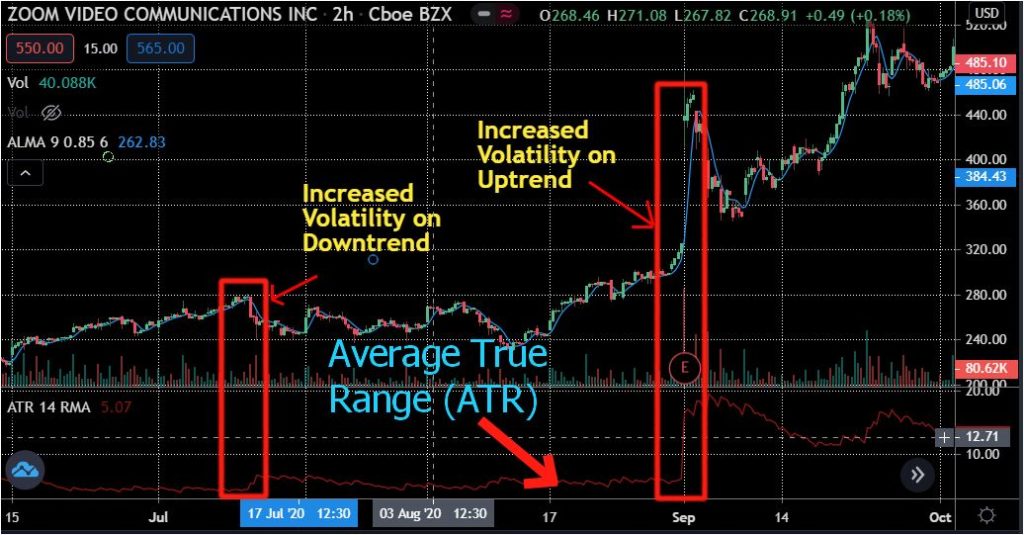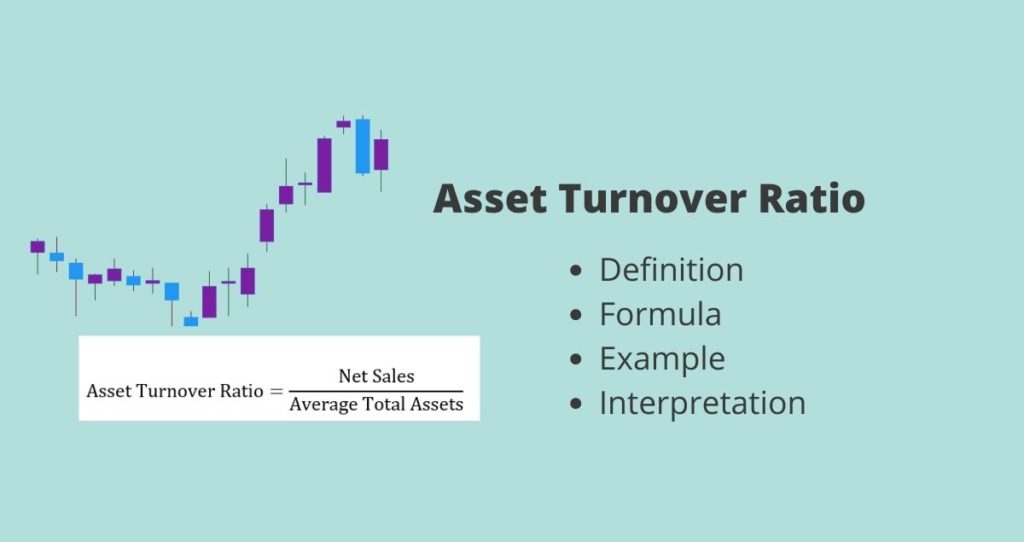What is a retail investor?
A retail investor is an individual investor who buys and sells stocks, mutual funds, and other tradable securities using their own investment accounts. A retail investor’s accounts such as a cash account or margin account, for example, are usually small compared to big investment institutions.
According to Zacks, small investors choose to invest less money in the market to protect their portfolios from fluctuations in the market.
Understanding of retail investors
A retail investor does not have the same capital as big investment institutions have. In addition, there a limitation to their research about securities they want to buy or sell.
Those who are wealthy individuals can invest a big sum of their money in hedge funds, mutual funds, etc.
Due to a small number of stocks and other securities they buy, retail investors are prone to higher commissions, fees, and related transaction costs.
A Retail investor can use a brokerage account such as an online brokerage account where he/she can manage all account activities. In this case, he will oversee all investment activities in his account. For example, if you own an individual account with Fidelity Investment, you will decide stocks to buy, your position size, when to sell the stock, etc.
In addition, a retail investor can use a managed account where his investment manager will take care of buying and selling processes in the account. This means that the manager will decide when to buy or sell stocks, ETFs, etc that you own in the account. Since someone is managing your account, you will pay a commission based on the contract you made with them.
Furthermore, retail investors can join investment clubs. Investors will put the money together and decide where to invest it. The club can decide to invest in hedge funds, mutual funds, stock market, etc.
Benefits of being a retail investor
Although retail investors have less capital and trade less compared to big institutions, there are some benefits of retail investing. The following are some of the benefits of retail investing.
- You can be in control of your account
- You will allocate assets in your account based on your needs
- Fewer obligations on risk management. Keep in mind that this freedom can lead to the destruction of your account.
- You can have a tax advantage on invested capital. For example, you take tax advantage by putting your money in a 401K account.
- Easy to set-up. It takes a few minutes to set up an investment account online
- Fewer regulations on disclosure of your account activities
- You can pay a low fee to no fee depending on where, how, and what you are investing in.
Disadvantages of being a retail investor
Like other investments, yours is still prone to many negative outcomes from the market. The following are some of the disadvantages of retail investing.
- Some times it is hard to properly diversify your portfolio when you have a small investment account
- You take home a small return compared to what you could make if you had more capital
- Prone to market volatility
- You could experience a capital loss depending on your investment strategies
- Retail investors do not have enough access to information and research necessary to make a viable investment decision
- You get charged more per trade depending on the investment you are pursuing. It is hard to negotiate the price if you are not buying a lot of securities.


